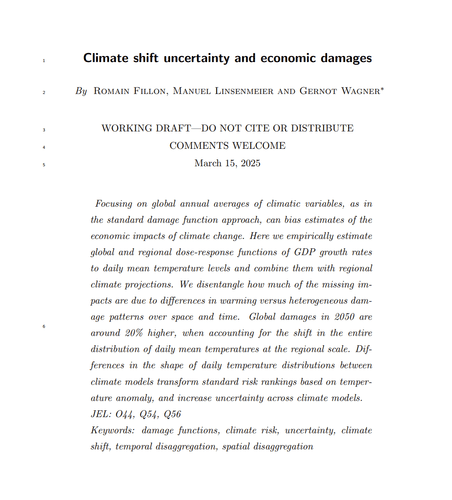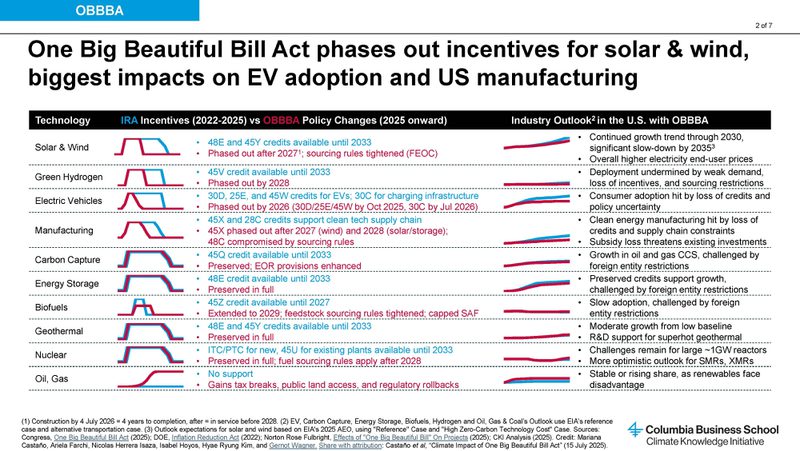The Implications of Uncertainty and Ignorance for Solar Geoengineering
Where climate change and solar geoengineering are concerned, errors of commission and omission should be weighted equally.
What’s known about climate change provides a lower bound on its cost. What’s unknown makes it possibly much costlier. And then there are climatic unknowables, consequences that we can’t even conjecture. These unknowns and unknowables, which we label UUs, make the expected costs of climate change greater than calculations employing known factors would indicate. It is hard to imagine pleasant surprises about climate effects.
It is against this backdrop of UU-afflicted climatic consequences that solar geoengineering (SG) must be evaluated.
Full text: “The Implications of Uncertainty and Ignorance for Solar Geoengineering” [slides]
This brief was written for a volume of 26 briefs, based on a workshop on “Governance of the Deployment of Solar Geoengineering,” hosted in September 2018 by the Harvard Project on Climate Agreements with collaboration and support from Harvard’s Solar Geoengineering Research Program.


